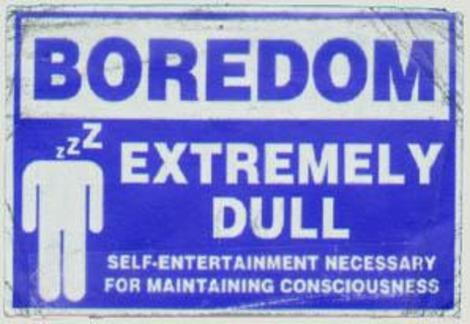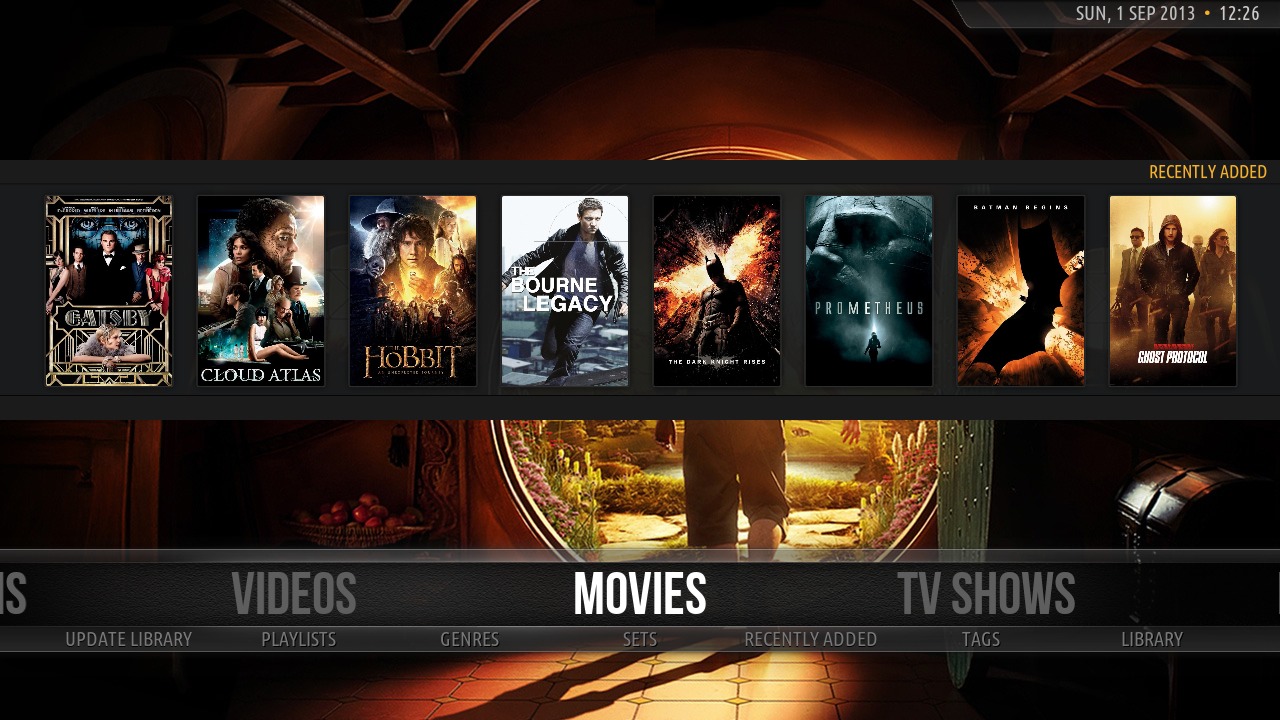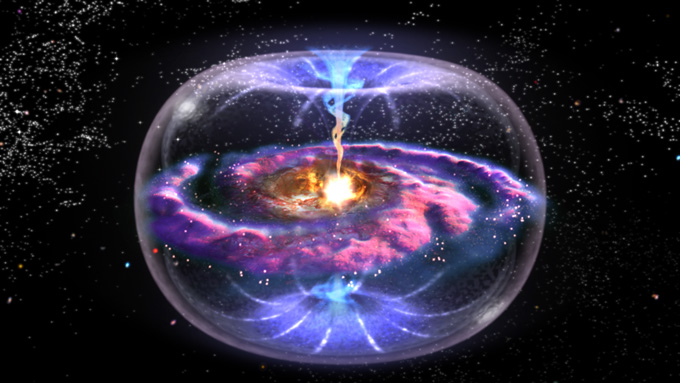This is a United States one dollar bill, it has been, and is many things. If you have lived on planet Earth over the last couple of hundred years, than this piece of paper has affected your life.
If you have grown up in the United State, you have been told a story of how breaking the grip of monarchy has made you free. Omitted from this narrative has been the story of the dollar, and how the war for it's control, has created invisible shackles of economic entrapment. While it is beyond the scope to offer a complete historical account in a blog post. I will instead hit some high points, and show how our collective misunderstanding of money, currency, and economics has left our continued freedom in doubt.
If you have grown up in the United State, you have been told a story of how breaking the grip of monarchy has made you free. Omitted from this narrative has been the story of the dollar, and how the war for it's control, has created invisible shackles of economic entrapment. While it is beyond the scope to offer a complete historical account in a blog post. I will instead hit some high points, and show how our collective misunderstanding of money, currency, and economics has left our continued freedom in doubt.
No More Kings:
Yes the revolution was fought for the right to self determination. In other words to wrest control of the fledgling colonies from english rule. This in part involved the physical arm of rule, the King, military of Britain. Another aspect was the power to create currency, not create money, as I will show later these are not always the same. The colonies had been using a self created currency to allow for trade amongst themselves, called colonial script, much like the paper money we use today. This had the effect of a healthy growing local economy, it also had the effect of cutting the Bank of England out. By this time control of the bank of england was not in the hands of the crown, but had already transferred to private hands. As evidenced by numerous passages from the time, they were well aware that this amounted to a hidden tax on all trade. A hidden mechanism that ensured the transfer of wealth from the colonies to Bank of England. As well as ensuring a method of control beyond force of arms, much like a parent might manipulate a child through monetary controls today. Well documented is the victory over the physical control. When it comes to being governed through control of currency, we lost, so we do not hear about it. Like any conflict, the history is written by the victors. Once the physical conflict ended, the economic conflict kicked into high gear. The First Central Bank of America was chartered in 1791, backed most famously by Alexander Hamilton, and opposed by Thomas Jefferson.
This Means War:
When the charter for the First Bank of America expired in 1811, and fueling the ignition of the War of 1812. This conflict was fought all over the Globe with many varied participants, it ended in 1815. In 1816 the Second Bank of America was chartered, by James Madison with the promise of controlling inflation that had been created as a result of the the war. Lasting until it's charter was not renewed by Andrew Jackson, who had denounced it as corrupt. It's demise in 1836 created what has become known as the "free banking era". During this time there were only state banks, and without a plan to replace the outgoing central banking authority. There was nothing in place to ensure economic interests were being protected. This period culminates in the Civil War, which while it had the effect of ending slavery, a close inspection shows it was not the cause or intent of the conflict. This conflict from a banking perspective culminates with the banking act of 1863. Which set up the national banking system, ending the free banking era. This framework was exploited repeatedly to push forward the need for a central lender of last resort. The final push of instability known as the panic of 1907, prompted the push for a lender of last resort. After the failure of the Aldridge plan, The Federal Reserve Act was adopted in 1913.
The Beat Goes On:
Once The United States entered WWI, which had much of it's underpinnings found in the railway running from Iraq, to Germany, redrawing the economic power structure of europe, The fledgling Federal Reserve became the issuer of the bonds used to finance US participation. Post WWI, the Fed, was able to cement it's power to create and destroy the nations currency, under the leadership of Paul Warburg. It proceeded to institute a series of policies creating booms and busts, leading to the crash of 1929. At this point the United States is effectively bankrupt, the years following known as the Great Depression find their conclusion in 1933 and the New Deal. This had the effect of holding all future generations responsible for the debts incurred by their parents, and grandparents. This was also when the US began to exit the gold Standard. FDR in 33, making it a crime for US citizens to own and hold gold bullion. Once the gold had been confiscated the government price for gold was raised to $35 an ounce. Enter WWII, which of course also, aside from having the highly emotional, and publicized drive of hate. The atmosphere which fostered these attitudes, had roots in the harsh economic penalties placed on Germany with the treaty of Versaille. Post WWII, at the Bretton Woods conference, the dollar was established as the world reserve currency, with the Federal Reserve guiding international monetary policy in 1944. The dollar becoming the world reserve currency had the effect of placing a hidden a tax on all trade settled, payable to the Federal Reserve. This held relatively steady till 1971 when Nixon removed final ties to gold. In it's place had been engineered what has been called the petrodollar. The United States had engineered deals with the opec nations, to only accept dollars in exchange for oil. Thus maintaining the need for all other nations to continue to use dollars to settle international trade. This final decoupling of the dollar from gold, just solidified the identity crisis paper currency has had forever.
It Never Was Money:
Paper currency, even when backed by real money, never was, and never can be real money. It is at best a representation of money, and that only while it is directly backed and exchangeable for real money. Currency is money when it is made out of money, like silver, and gold coins. In 1974 when Ford lifted the prohibition against American citizens owning, and holding gold bullion. The minds of the people had already come to think of the paper as the thing with value. To make things really simple, money is what people turn the currency they do not need for day to day living expenses in to. Currency on the other hand is the accounting tool. It measures how much an economic system owes you, or how much you owe it. This basic misunderstanding has been used to ensure, the masses remain in perpetual debt, and considering this debt to be wealth. Understand, this is not about enslavement on an individual basis, how much or little an individual participates is unimportant. This about dependency on a macro level. If you want to partake of the benefits of the system you automatically participate in sustaining. There is a reason gold is considered money, even when it is obviously not currency, and the same can be said of silver, and many other tangible assets. They hold value over time, and are exchangeable for currency everywhere. Being key aspects of money, the dollar obviously does not fit, having lost over 90% of it's value since 1913.
Now and Forward:
What are called fiat monetary systems, with interest on currency creation have a mathematical life span. This kind of system is in essence what is commonly referred to as a ponzi scheme. It is also the background push behind the infinite growth idea. The interest attached to every dollar created is a hidden tax, or wealth transfer. As long as the economy as a whole has a growth rate ahead of this interest no one is the wiser. In 2008 this system reached a mathematical break point, Interest rates now have to remain at near %0, along with passing around a series of currency printing. The ironic thing being with the suppressed interest rates this new currency does not enter at the bottom. Instead it directly goes into whatever will provide a return. This continues the decoupling of the top from the bottom started in the 80's, as well as lowering the currency velocity. In the simple terms, this is the time of the monopoly game where 1 person owes everything is only a matter of dice rolls from attaining all the paper. Alternately if interest rates are allowed to rise even above 3% the US government can no longer afford to borrow the currency it needs to function. Even at 0 interest, anyone can notice the debt has already gone parabolic, doubling in Obama's presidency this is likely to accelerate. This broken system, will than be offered up as a failed idea, with fiat currency being shelved as evil. Only nothing will be changed, the alternative gold backed currency will be just that. Gold backed, a representation of money, with debt still attached to it's creation. Perhaps if done correctly what has been used to secretly enslave, can be used to ensure a move toward ultimate freedom.
Solutions:
1: Nationalize the Federal Reserve, ownership to be a trust made up of ever citizen of the United States. It's books to be publicly available, to ensure it's transparency. The fed would still be responsible the management of the currency. As well as the IRS, you still have to pay for services if you desire to have services. This is not as bad as it sounds in an a working system.
2: No interest on currency creation, this is so big it gets it's own. Currency being different than money is only created by the Federal Reserve. Money is not created, it's value being intrinsic.
3: End fractional reserve banking practices. This is actually covered in only the Fed creating currency, being in essence a mechanism for creating currency from nothing.
4: End Corporate personhood, along with currency being considered speech.
5: End Currency speculation, currency is to facilitate, and encourage productivity, and trade. Speculation only distorts the purchasing power.
These of course are not complete, or do I believe they are the only fixes. These are small moves that would be steps on the way.
As always make up your own damn mind
Jack
aka
PanseyBard









